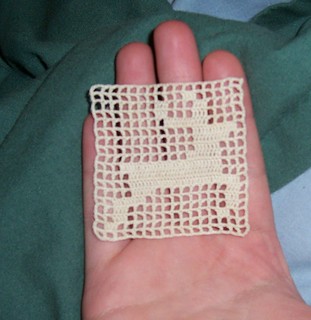UK homes are at
risk of ‘Toxic Home Syndrome’
The air inside your home is causing more damage to your health than the air outside1
Results
from an exclusive Indoor Air Quality (IAQ) home study reveal UK
households are at risk of experiencing aggravated health problems due to poor
air quality inside the home.
The
independent study tested the air quality in British homes; analysing the level
of Volatile Organic Compounds (VOCs) present in the air. Out of the 122 homes
tested in the UK, only 9% were considered in the normal category of
recommended level of pollutant concentration, with the remaining 91% of
homes above the recommended level2.
“At the normal
level, non-chemically sensitive individuals should not experience health issues
from VOCs. As the TVOC level increases into the moderate, elevated or
severe levels, individuals may experience aggravated health problems,
and therefore, the need to address VOC issues becomes more critical” says indoor air quality expert Tim
Robinson.
Mould
is one of the key factors of poor indoor air quality and health risk. According
to a new YouGov
consumer survey, 58% of respondents have experienced mould or condensation
in their home; with 19% of those have already suffered from a
respiratory or dermatological condition while the remaining 81% could be
at risk3.
As we move
towards winter, condensation and mould become more prominent as we close
windows and make our homes more airtight. Moulds release allergens, irritants
and toxic substances that have been linked to immune system disorders such as
asthma and allergies1. Other pollutants released by items around the
home – such as fireplaces, candles, air fresheners, textiles, furniture,
cleaning products paint and detergents3 - add to this,
creating a potent ‘pollutant soup’ in the home.
Peter
Howarth, Professor of Allergy and Respiratory medicine at Southampton
University, calls for increased awareness of what is being termed ‘Toxic
Home Syndrome’. He comments: “There is a lot of noise about how outdoor air
pollution affects your health, but we should look closer to home as this is
where we spend most of our time. Indoor air can be more hazardous than
outdoor air, particularly in young children and the elderly and where air
quality is poorest. ‘Toxic home syndrome’ occurs when families
are exposed to a potent mix of airborne pollutants arising from poor home
ventilation, causing respiratory and skin diseases to occur more frequently.”
For more information on ‘Toxic Home Syndrome’, expert advice and top tips or to
find out if your health and home is at risk visit www.myhealthmyhome.com
References
1 Camfil
Farr (2012) Clean Air is a Human Right Report
2 Prism & Waverton Analytics (2013) IAQ Home Study
3 YouGov Consumer Survey (2014) Air Quality



.JPG)
.JPG)
.JPG)
.JPG)
.JPG)
.JPG)
.JPG)


.JPG)
.JPG)
.JPG)
.JPG)
.JPG)















.JPG)
.JPG)
.JPG)
.JPG)
.JPG)
.JPG)
.JPG)
.JPG)
.JPG)
.JPG)










































